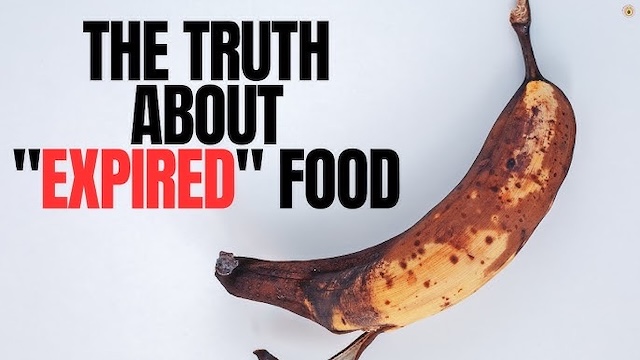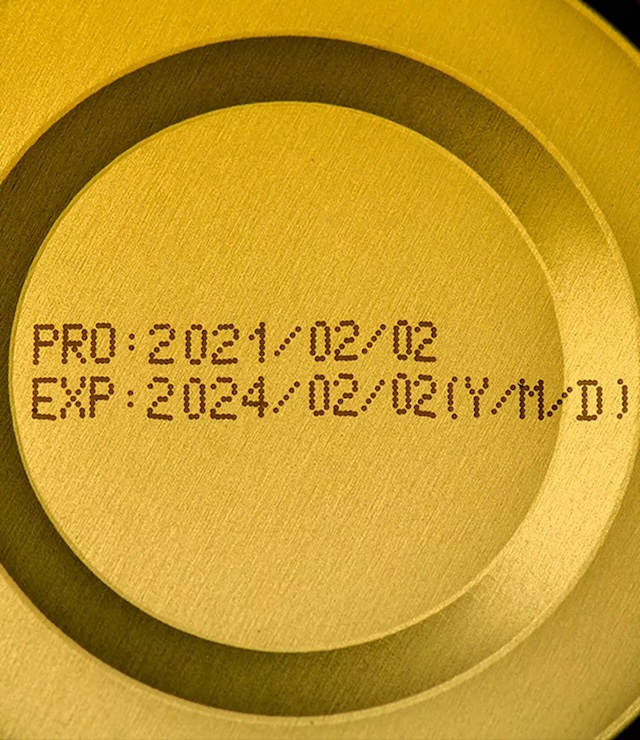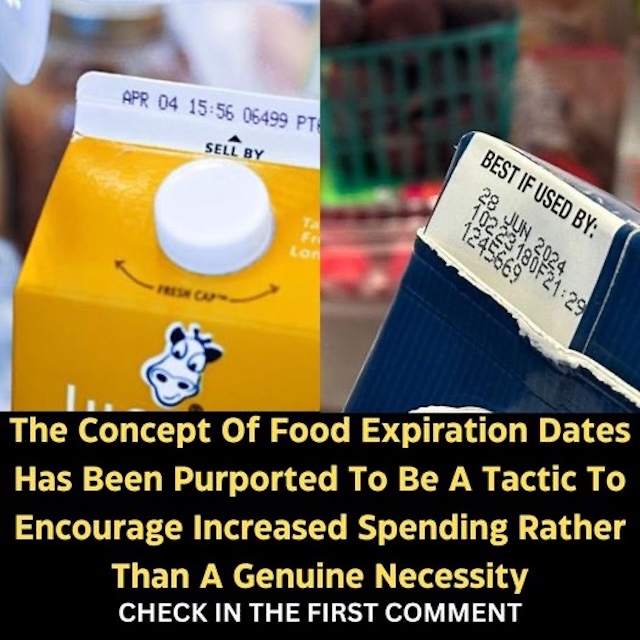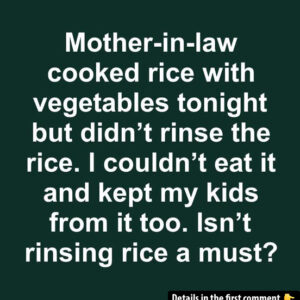Expiration dates have long dictated our eating habits, but are they as crucial as we think? Many believe these dates are safety warnings, but in reality, they’re often just freshness indicators. Misinterpreting them leads to wasted food, money, and environmental harm. The truth is, your senses—smell, sight, and taste—are far more reliable than a printed label. Let’s uncover the myths around expiration dates and learn how to make smarter decisions that save both food and money.
What Are Expiration Dates, Really?
Expiration dates are those small, printed indicators we see on food packaging: “Sell by,” “Use by,” “Best by,” and even the more marketing-savvy “Enjoy by.” They are meant to guide consumers, but their actual purpose is often misunderstood. Most of these dates don’t refer to food safety but rather to peak freshness, which means the food might not taste as great after the date but is often still perfectly safe to consume.

The USDA clarifies that except for infant formula, these labels have no connection to whether food is still safe to eat. Instead, they’re a manufacturer’s estimate of how long the food will remain at its best.
Who Came Up with These Labels?
The concept of expiration dates originated in the mid-20th century, thanks to large grocery chains trying to manage inventory and reduce complaints. At the time, they wanted an easy way to signal when food was at its freshest. But here’s the kicker: there’s no federal law regulating these dates. Manufacturers often make an educated guess about when their product tastes best, and that’s what you see printed on the label.
This lack of standardization leads to massive confusion. Is “Sell by” the same as “Use by”? What does “Best by” even mean? The ambiguity often causes us to throw away food that’s still perfectly edible.
Are Expiration Dates as Serious as We Think?
The short answer: not really. Expiration dates might seem important, but they’re mostly about marketing and consumer habits. Misinterpreting them has some pretty significant downsides:
- Food Waste: An estimated 80 million tons of food are discarded yearly in the U.S. alone because consumers believe it’s unsafe after the printed date. Much of this food is perfectly edible.
- Environmental Impact: Discarded food contributes to greenhouse gas emissions during decomposition. Reducing food waste can significantly impact environmental conservation.
- Financial Loss: Throwing away perfectly good food equates to throwing away money. By questioning expiration dates, you can stretch your grocery budget and reduce unnecessary spending.

What Expiration Dates Are Actually For
While expiration dates can provide a general idea of freshness, your senses are usually much more reliable. That yogurt with the questionable date? Check it for these signs:
- Smell: If it smells sour, it’s probably time to toss it. If it smells fine, give it a chance.
- Look: A little liquid separation on top of your yogurt is normal. Mold on your bread? Not so much.
- Taste: When in doubt, take a small taste. Your senses are better at detecting bad food than you realize.
Still, there are some exceptions. Foods like deli meats and pre-packaged sandwiches can harbor bacteria like listeria, even if they look or smell fine. For these, it’s best to err on the side of caution.
Is It a Clever Marketing Tactic?
Here’s the tricky part: expiration dates aren’t just about safety or even quality—they’re also about getting you to buy more food. When manufacturers slap a short “Best by” date on a product, they create a sense of urgency. The result? Consumers are more likely to throw out old items and buy replacements sooner than they really need to.
Think about it: that yogurt you tossed probably had a few good weeks left, but the date on the label made you doubt it. It’s a subtle way for businesses to drive up sales while leaving you with a fridge full of wasted potential.

How to Rethink Expiration Dates
If you’re ready to stop letting expiration dates rule your grocery habits, here are a few practical tips:
- Trust Your Instincts: Use your sense of smell, sight, and taste to judge whether food is still good. Humans have been doing this for thousands of years.
- Cook It or Freeze It: If something’s nearing its date, cook it into a meal or pop it in the freezer to extend its life. Your freezer is basically a time machine for food.
- Plan Ahead: Use up items that are close to their expiration date in your weekly meal prep. It’s a win for your wallet and the environment.

Conclusion: A Lesson in Skepticism
Just like the drawer under your stove that many people mistake for storage, expiration dates have been misunderstood for years. By taking a closer look at what these labels actually mean—and what they don’t—you can save money, waste less food, and make smarter decisions about what you eat.
The next time you’re tempted to toss that yogurt, ask yourself: is it the date talking, or is it really time to say goodbye? Chances are, your instincts will tell you the truth.



